
Slavery Ordained of God: The Southern Slaveholders’ View of Biblical History and Modern Politics
By Eugene D. Genovese (NHC Fellow, 1984–85; 1987–88)

By Eugene D. Genovese (NHC Fellow, 1984–85; 1987–88)
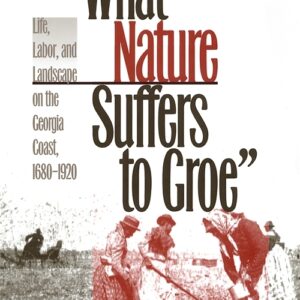
By Mart A. Stewart (NHC Fellow, 2002–03) “"What Nature Suffers to Groe" explores the mutually transforming relationship between environment and human culture on the Georgia coastal plain between 1680 and 1920. Each of the successive communities on the coast-the philanthropic and imperialistic experiment of the Georgia Trustees, the plantation culture of rice and sea island cotton … Continued
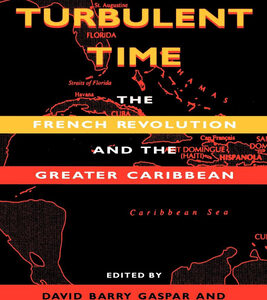
Edited by David Patrick Geggus (NHC Fellow, 1989–90) and David Barry Gaspar (NHC Fellow, 1984–85)

By Nicholas Canny (NHC Fellow, 1986–87) This book is the first comprehensive study of all the plantations that were attempted in Ireland during the years 1580-1650. It examines the arguments advanced by successive political figures for a plantation policy, and the responses which this policy elicited from different segments of the population in Ireland. The … Continued
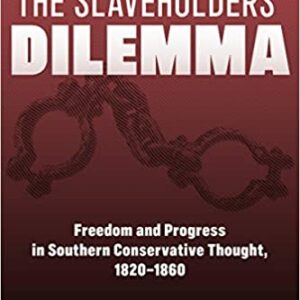
By Eugene D. Genovese (NHC Fellow, 1984–85; 1987–88) Eugene Genovese explores the efforts of American slaveholders to reconcile the intellectual dilemma in which they found themselves as supporters of freedom but defenders of slavery. In The Slaveholders' Dilemma, Genovese argues that the spokespeople for the Southern position demonstrated much greater intellectual talent than has been … Continued
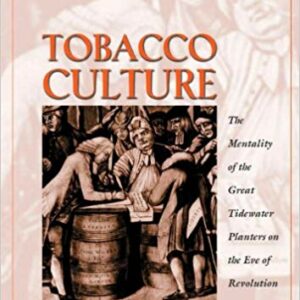
By T. H. Breen (NHC Fellow, 1983–84; 1995–96) The great Tidewater planters of mid-eighteenth-century Virginia were fathers of the American Revolution. Perhaps first and foremost, they were also anxious tobacco farmers, harried by a demanding planting cycle, trans-Atlantic shipping risks, and their uneasy relations with English agents. George Washington, Thomas Jefferson, and their contemporaries lived … Continued
Slave labor differed according to period and location. In the 1700s plantation owners tried to maintain self-sufficiency based on the varied skills of their slaves. A slave’s skill level and value to the master often determined how he/she was treated. Lock-step, highly supervised gang labor, replaced traditional patterns of individual work. Race may have influenced … Continued

When we speak of the American melting pot, we tend to think of nineteenth-century cities where many ethnicities blended to form hybrid cultures. But was there an earlier melting pot, rural and agricultural rather than urban and industrial? The slave plantation brought together not only the blacks of the quarters and the whites of the … Continued
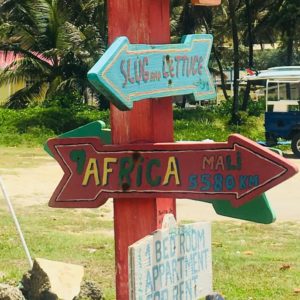
The image of this colorful sign is obviously meant to be “fun” and perhaps even funny. When I took this picture while traveling with fellow teachers and educators in Barbados, it honestly was because I thought the sign was kind of cute. But later on that day, when I thought about the sign and about … Continued
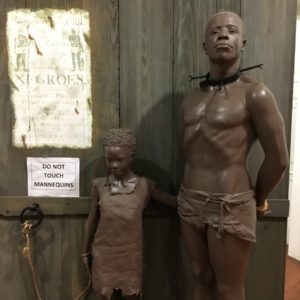
Before travelling to the George Washington House in Bridgetown, Barbados, I thought what most Americans think about George Washington: he was a strong, moral, and noble leader who is the epitome of what it means to be a patriot and an American. While visiting his former home in Barbados, where he lived for two months … Continued